Public Seminars
Want a taste of our approach to regenerative development and to learn more about our global co-learning community? Register below for upcoming seminars, or view past recordings.
Towards a Living Infrastructure for Los Angeles
with Dawn Danby & David McConville of Spherical
and Ben Haggard of Regenesis

Friday, September 15, 11:00 – 12:30 am US Pacific Time
For the past 3 years, Regenesis has been collaborating with regenerative practitioners at Spherical, in a process initiated by Accelerate Resilience LA and led by TreePeople founder Andy Lipkis, to develop living infrastructure in Los Angeles. Together we’ve been exploring the question of how to bring even very large urban systems into alignment with natural ecological processes—and, ultimately, how cities can become positive contributors to the overall health of the planet. Join Ben Haggard, David McConville and Dawn Danby for an exploration of regenerative practice in action, the concept of living infrastructure as it relates to large urban systems, and what we’re learning on the ground in Los Angeles.
Photo credit: Spherical

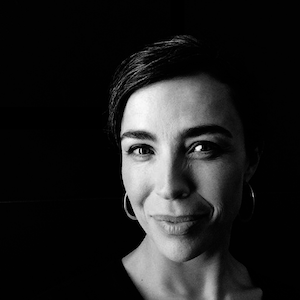
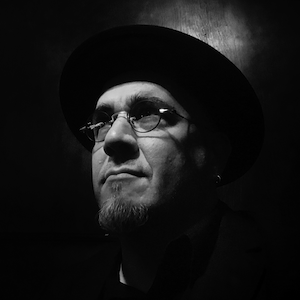
About Spherical
Dawn Danby and David McConville are co-founders of Spherical, an integrative research and design strategy studio. They live in the territory of xučyun (Huichin), aka the Lower Bottoms of West Oakland California, the ancestral and unceded land of the Chochenyo-speaking Ohlone people.
Dawn Danby investigates the paradoxical roles of technology in supporting the integrity of Earth’s living system. Over two decades, Dawn’s ecological design and strategy work has traversed scales and industries, from green chemistry to living infrastructure. After studying industrial design at the Rhode Island School of Design, she researched circular economies and local food systems through an MBA at the Bainbridge Graduate Institute. She co-authored to book Worldchanging: A User’s Guide for the 21st Century, and spent ten years leading Autodesk’s sustainable design initiatives, advancing digital tools for reducing the ecological impacts of design and engineering. Dawn grew up on the Easternmost edge of the Great Lakes Basin, raised as a colonial subject in an Ontario settler community on the traditional homeland of the Anishinaabe, Haudenosaunee, and Huron-Wendat peoples.
David McConville creates narratives and experiences that transform understanding of Earth’s interconnected systems. Prior to Spherical, he co-founded The Elumenati, a design and engineering firm developing immersive display environments for visualizing scientific data. He was also creative director of the NOAA-funded Worldviews Network, David used storytelling and visualization to facilitate dialogues about the roles of Western and Indigenous knowledge within ecological regeneration in science centers across the United States. He has a PhD in Art and Media from the Planetary Collegium at the University of Plymouth and has been studying and collaborating with Regenesis for the past decade. David grew up in the Bible Belt of the southern United States in the territories of the Muscogee, Hitchiti, Catawba, Chickasaw, and Cherokee.
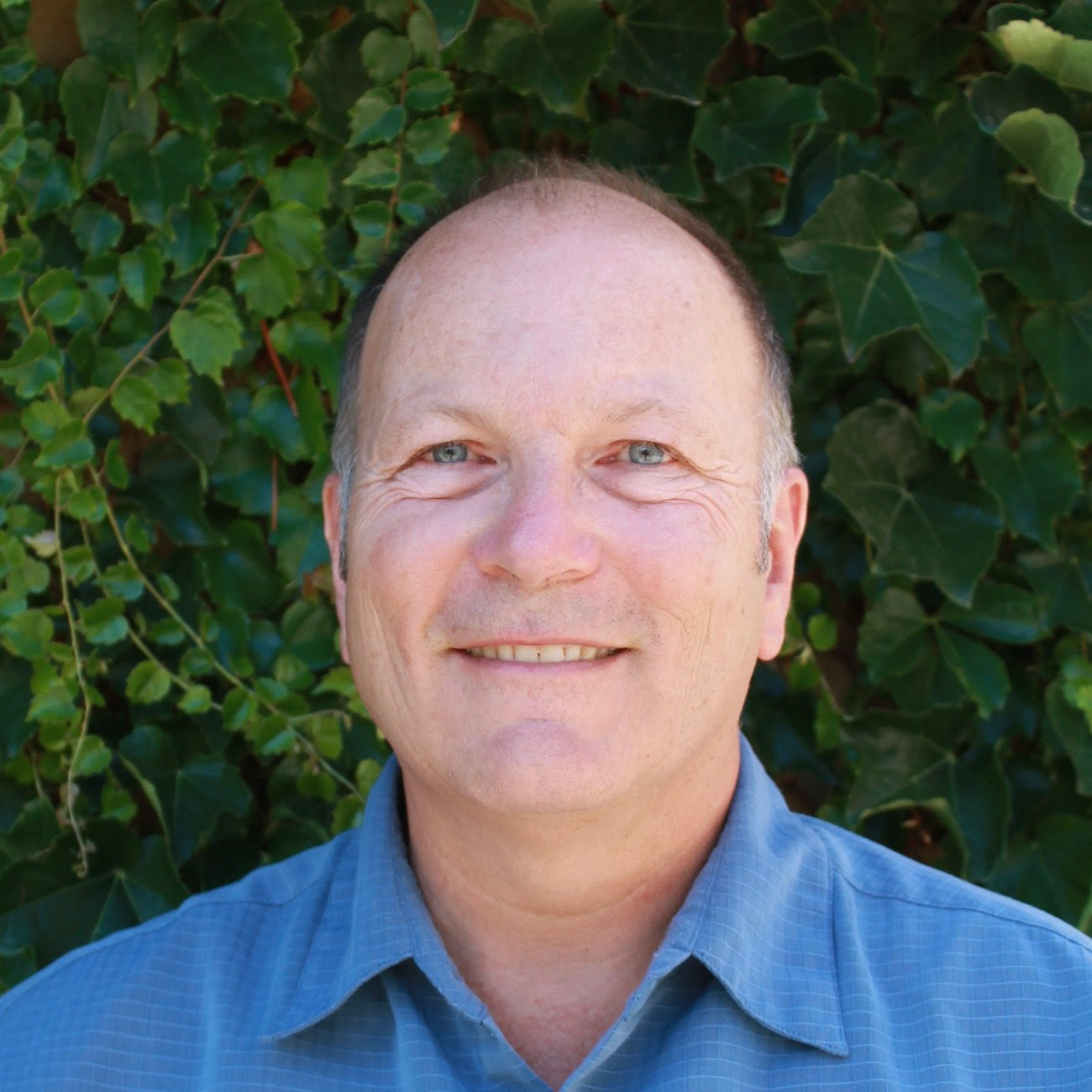
About Ben Haggard
Ben is a member of the core faculty at Regenesis Institute and a co-founder at Regenesis Group, where he works on a diverse range of regenerative development and planning projects and delivers educational programs to a global network of practitioners. He is the co-author of the books Regenerative Development: A Framework for Evolving Sustainability (with Pamela Mang) and Indirect Work: A Regenerative Change Theory for Businesses, Communities, Institutions and Humans (with Carol Sanford). Ben specializes in a holistic, systems-based approach to understanding and building upon the complex human, natural and economic relationships that create and sustain the vitality and viability of a place. Ben splits his time between Santa Fe, New Mexico (O’gah’poh geh Owingeh, the unceded ancestral lands of the Tewa people) and Berlin, Germany.
Archived Recordings from Previous Seminars
Urban Systems Change: Regenerating Our Relationship to Water in Mexico City


Delivered live in May 2023.
Join core faculty member Ben Haggard and regenerative practitioner Delfín Montañana for a dialogue about a regenerative approach to hydrological health in the most water-insecure districts in Mexico City. Delfín is the Social Environmental Education Director at Isla Urbana, a nonprofit organization working in partnership with Mexico City government to install 100,000 rainwater harvesting systems in water-insecure districts—providing potable water while mitigating flooding and supporting aquifer recharge. Within this effort, Delfín’s work has focused on developing innovative programs to regenerate a culture of water stewardship at both the individual and neighborhood level, drawing from regenerative principles. This session will include a 60-minute dialogue with a 30-minute Q&A.
Photo credit: Isla Urbana
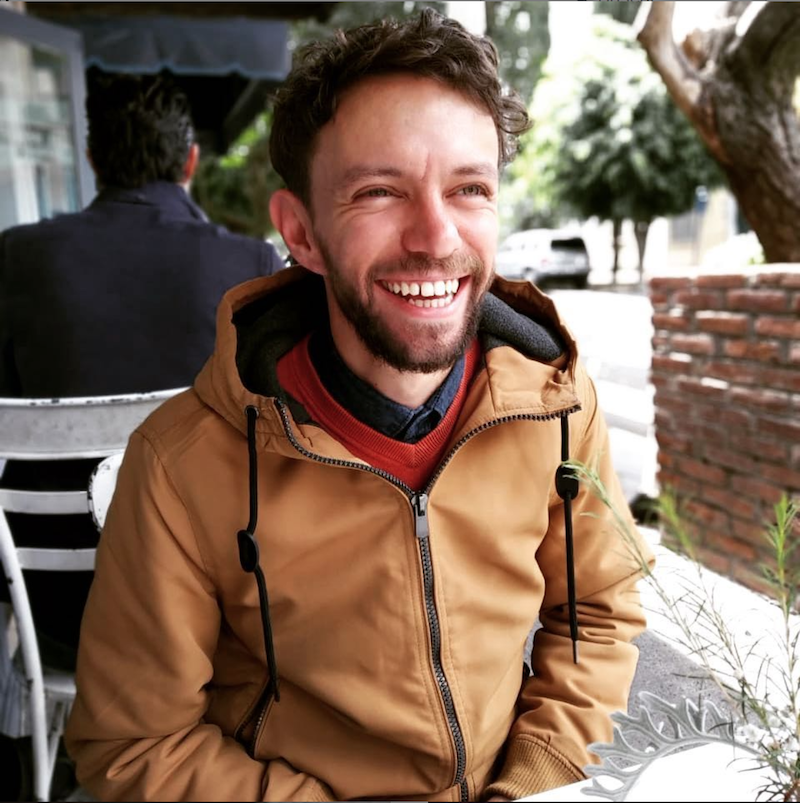

Delfín Montañana Palacios
Delfín Montañana Palacios is the Director of the Socio-Environmental Education area and coordinator of the program of artistic and cultural activities “La Carpa Azul” at Isla Urbana. Delfin has worked for 11 years as co-designer and teacher of the Integral Sustainability seminar in the Master’s program of the Environmental University (UMA). For the last 15 years, Delfín has been a student and practitioner of Development Theory and Regenerative Design, with the main concern of reconciling the human and natural spheres to regenerate socio-environmental systems. He has a master’s degree in Urban Development Projects and Sustainable Design from the Universidad Iberoamericana (UIA) and studied a degree in Biology from the Faculty of Sciences of the National Autonomous University of Mexico (UNAM). He is certified as BaDT (Biologists at the Design Table) and as a Fellow by The Biomimicry Institute in Montana, United States.




Ben Haggard, Core Faculty at Regenesis Institute, USA/Germany
Ben Haggard is a member of the core faculty at Regenesis Institute and a co-founder at Regenesis Group, where he works on a diverse range of regenerative development and planning projects and delivers educational programs to a global network of practitioners. He is the co-author of the book Regenerative Development: A Framework for Evolving Sustainability. Ben specializes in a holistic, systems-based approach to understanding and building upon the complex human, natural and economic relationships that create and sustain the vitality and viability of a place.
An Exploration of Regenerative Practice with Our Australian Community
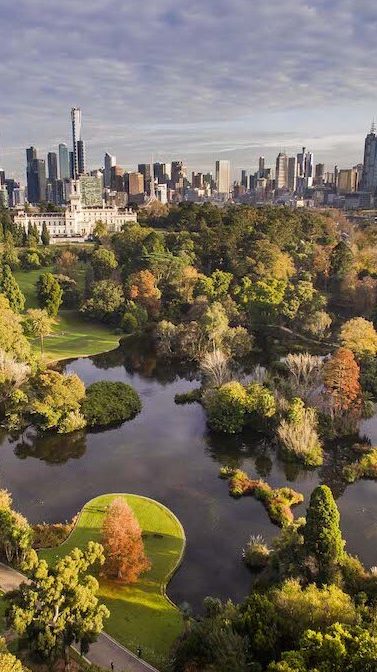

Delivered live in May 2023
Join members of our Australian community of practice in exploring how regenerative concepts and principles have impacted their work. Facilitated by Institute faculty members and our Australian TRP host team: Joel Glanzberg, Drika Horton, and Lara Hunt. Speakers from the Australian community of practice will include:
- Alana Marsh: Alana is a regenerative system re-setting and Wayapa Wuurrk practitioner informed by Aboriginal ways of knowing and being.
- Willow Berzin: Willow is a creative director and regeneration designer working at the intersection of human potential and collective impact for thriving futures.
- Laurent de Schoutheete: Laurent is an international development practitioner with an interest in helping organisations improve their performance; he is committed to supporting communities and organisations to plan, design and manage their transition towards regenerative development
- Caroline Pidcock: Caroline is focused on how to inspire architects, other built environment professionals and people who commission and occupy buildings to find regenerative approaches that align caring for Country with human needs so we can all flourish.
- Bianca Anderson: Bianca is facilitator who weaves her practice from diverse knowledges: power intelligence, social entrepreneurship, systems theory, transformative pedagogies, adaptive and regenerative practice.
- Trish Hansen: Trish works to shift the adaptive capability of complex systems as well as catalysing the conditions for regenerative outcomes for cities, regions, organisations and major development projects.
- Daryl Taylor: Kinship Custodian, Kinglake & Community Mental Health
Facilitators


Joel Glanzberg, Core Faculty at Regenesis Institute, USA
Joel contributes over 25 years’ experience as an applied naturalist to land and community development projects throughout the United States. Through assessing, understanding, and communicating the inherent patterns present in natural systems, Joel helps clients identify principles and guidelines for appropriate and healthy development. An active author and educator in the fields of permaculture and ecological design, Joel has taught throughout the United States as well as in Africa and South America, and worked with a variety of Native American tribes and communities. He also acts as a faculty member for The Regenerative Practitioner series. His research has focused on the application of traditional land-use practices to the design of modern infrastructure.
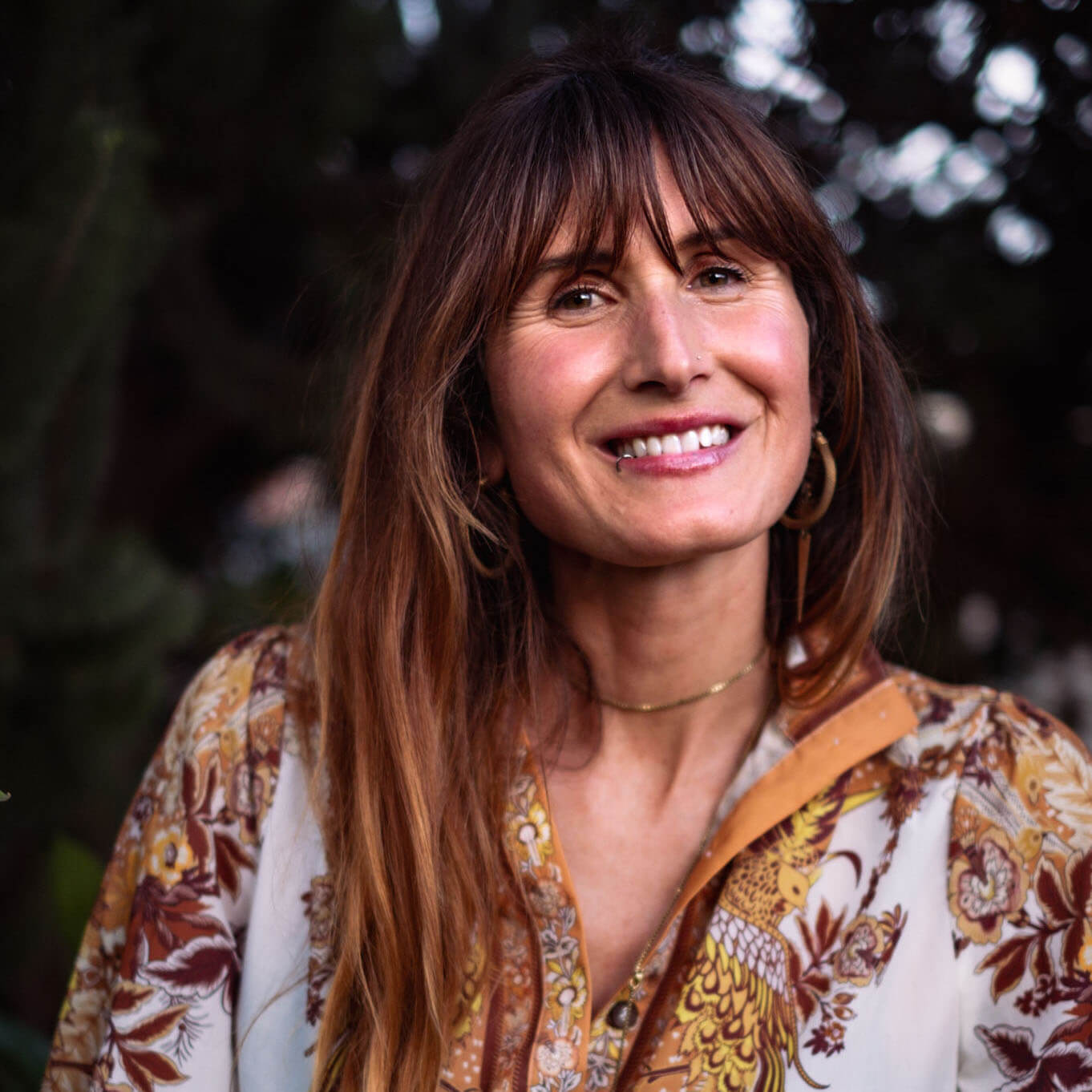

Drika Horton, Institute Faculty and Australian Host Team for The Regenerative Practitioner Series
Drika Horton is a living systems artist, mother and educator with a background in fine arts/sculpture, Traditional Chinese Medicine, permaculture and the healing arts. She is a host and faculty member for Australia’s The Regenerative Practitioner series, nested on the traditional lands of the Boonwurrung people. Drika’s visual arts practice transitioned early on, from art-making to designing for Life. For the past two decades, she has focussed on creating the energetic conditions for Life to heal itself; exploring birth and earth-based practices, cross-disciplinary collaboration, and working nodally to address socio-ecological issues.
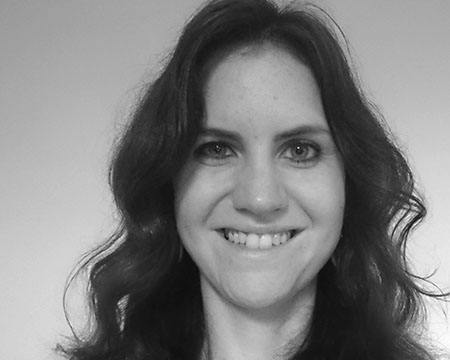

Lara Hunt, Institute Faculty and Australian Host Team for The Regenerative Practitioner Series
Lara is an engineer and educator who also serves as co-host and co-Faculty Liaison for Australian cohorts of The Regenerative Practitioner Series. Lara’s background is in mechanical and building services engineering, specialising in energy efficiency and passive design solutions for leading consultancy firms. As a Regenerative Development practitioner, Lara facilitates through her passion for living systems design, permaculture, and with respect of the Indigenous knowledge of place. Her work explores how projects, communities and environments emerge and evolve together.
Regeneration at The Community Level: An Introduction to Regenerative Practice
With Ben Haggard and Sara Zwart, hosted by Damaris Kingdon.
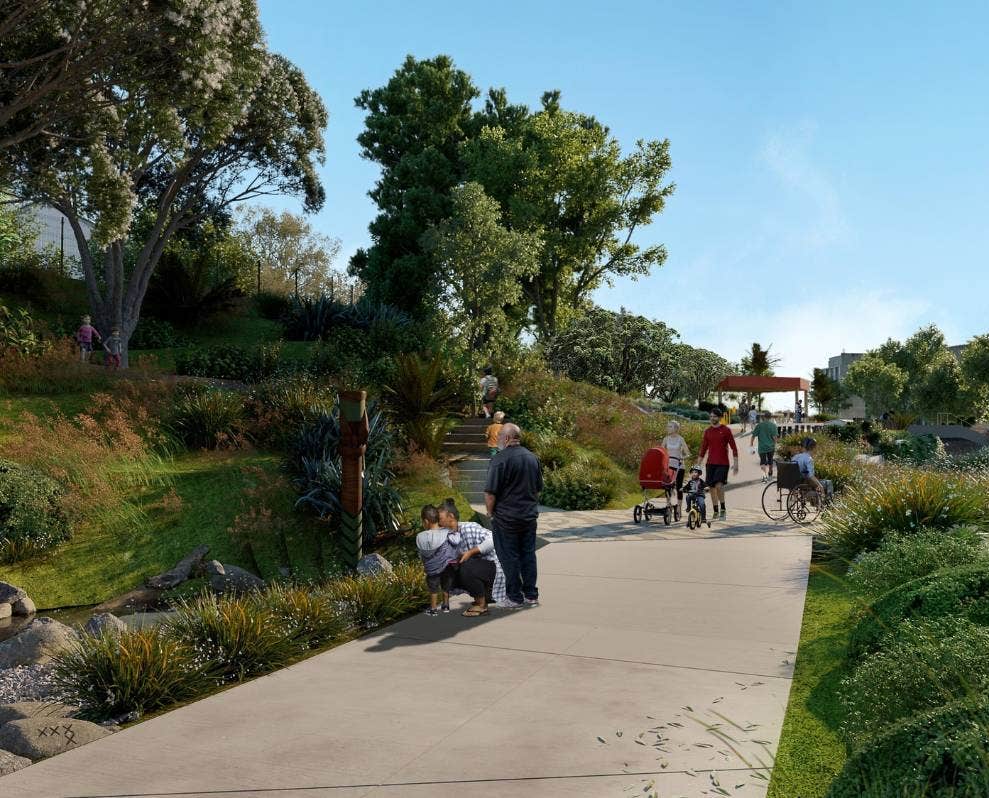

Delivered live in February 2023
Regenerative development is about reweaving a co-evolutionary relationship between human beings and ecological systems–work that is even more urgent now than ever before in the face of the interrelated crises of climate disruption and biodiversity loss. But how do we work on this? The interface between ecosystems and human systems is entirely unique in each individual place on earth—which means that each human community has an entirely unique regenerative potential to explore and manifest. Join Ben Haggard and Sara Zwart in an exploration of general principles for what regeneration looks like at the community level, as well as a dive into how this work has unfolded around a constellation of projects around the regeneration of ancestral streams in Auckland, New Zealand.
Photo credit: Panuku Development




Ben Haggard, Core Faculty at Regenesis Institute, USA/Germany
Ben Haggard is a member of the core faculty at Regenesis Institute and a co-founder at Regenesis Group, where he works on a diverse range of regenerative development and planning projects and delivers educational programs to a global network of practitioners. He is the co-author of the book Regenerative Development: A Framework for Evolving Sustainability. Ben specializes in a holistic, systems-based approach to understanding and building upon the complex human, natural and economic relationships that create and sustain the vitality and viability of a place.
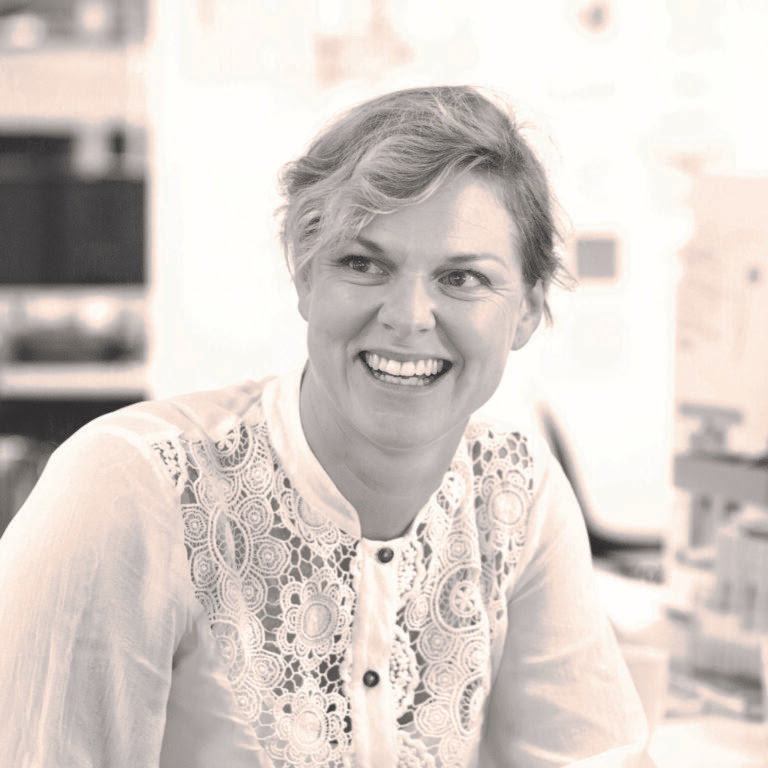

Sara Zwart, Principal Regenerative Design Lead at Eke Panuku Development, Aotearoa
Sara Zwart is principal regenerative design lead at Eke Panuku Development Auckland, the council-controlled organisation that delivers urban regeneration across Tāmaki Makaurau. With over 20 years of experience in architecture, landscape architecture and urban design, Sara has worked alongside project partners to lead award winning environmental projects such as Te Whakaoranga o te Puhinui and Northcote’s Te Ara Awataha greenway. Sara is passionate about weaving social, cultural, economic and environmental outcomes into regenerative urban projects. Her work is delivered in close collaboration with mana whenua, whom she values as critical partners, advocates and kaitiaki for the land and people of Aotearoa.
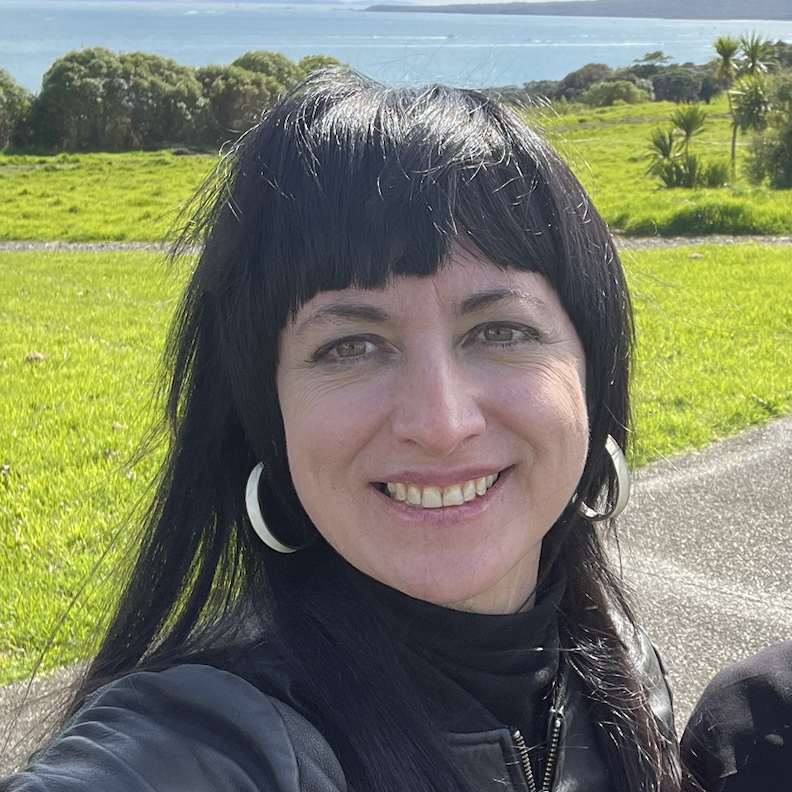

Damaris Kingdon, Regenesis Co-Faculty and Placemaker in Tāmaki Makaurau, Aotearoa
Damaris has found her niche as a creative entrepreneur and placemaker. She has founded several regenerative and socially-minded businesses including a creative co-working hub in Grafton. She works across a variety of sectors and enjoys working with others to develop new vision for projects and organisations and working creatively with restraints. She spends most of her time working with projects and businesses in and around Auckland city centre, offering facilitation and resourcing processes to groups and individuals, implementing her regenerative development training in all of her mahi.
Working from Potential in Our Projects:
An Introduction to Regenerative Practice with Bill Reed
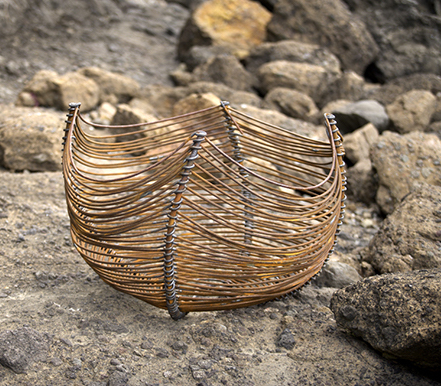

Delivered live in March 2023
A core aspect of regenerative practice is the ability to move beyond the fragmentation that is inherent when clients, stakeholders and community leaders fix their minds on single issues or problems that they want addressed. In our work, we accomplish this through a methodology that orients us to the inherent potential of a system—a unifying force that addresses the myriad individual issues and problems that stakeholders care about without collapsing into fragmentation. Join Bill Reed in an exploration of what it means to work from a potential-based mindset, the new possibilities that this approach unleashes, and what it looks like in practice.
Note: This seminar is a repeat, first offered in November 2022. We are offering the seminar again now to provide an accessible time for practitioners in NZ. Regardless of geography, if you missed it on the first go-around you are welcome to attend!
Abundance Basket, sculpture and photo by Caroline Robinson
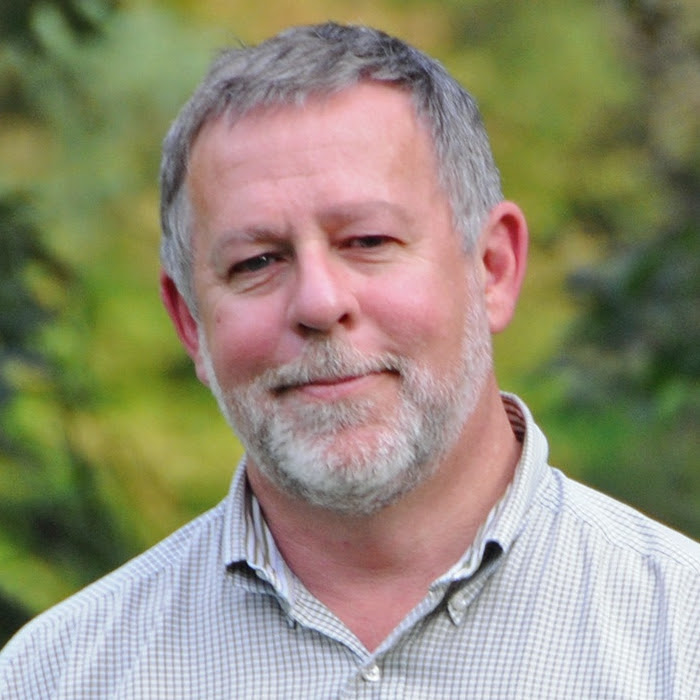

Bill Reed, AIA, LEED, Core Faculty at Regenesis Institute, USA
Bill is an internationally recognized planning consultant, design facilitator, lecturer, and author in sustainability and regeneration. He is a principal of Regenesis Group and faculty member at Regenesis Institute. An author of many technical articles and contributor to multiple books, he is a founding Board of Director of the US Green Building Council and one of the co-founders of the LEED Green Building Rating System. In addition to being considered one of the leading thinkers in this field, Bill has also consulted on over two hundred green design commissions and is a keynote speaker at major building and design events as well as a guest lecturer to universities throughout Europe, North America, and Oceania including Harvard, MIT, Princeton, and UPenn.
Working With the Patterns of Nature:
How Te Ao Māori and Regenerative Thinking Can Reshape
How We Work and Embrace Our Place in the Natural World
A dialogue session with Gena Moses-Te Kani, Rowan
Brooks, Lucy-Mary Mulholland, and Nicholas Mang
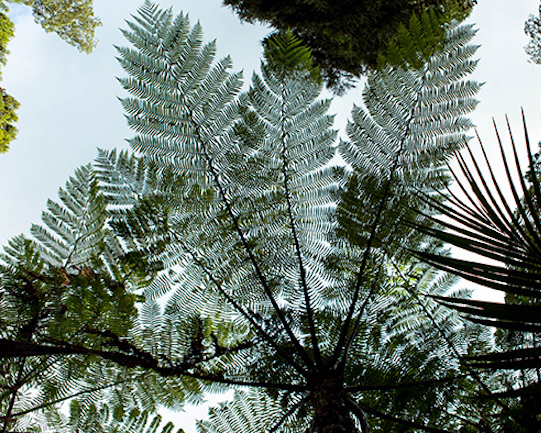

Delivered live in March 2023
“We all whakapapa back to Papatūānuku.” -Dr Amanda Yates, Associate Professor, AUT
Ngāti Whakaue, Ngāti Rangiwewehi, Te Aitanga a Mahakai, Rongowhakaata
“As people of the land, returning to place is how we heal ourselves and the earth.” -Lucie Greenwood
This is a dialogue responding to the inspiring provocation from Johnnie Freeland (Ngāti Te Ata Waiohua, Ngai Tūhoe) of Te Ao Māori and regenerative thinking as binocular vision, two lenses for looking at the world that together, can help us see a way forward. We’ll explore a new trajectory that sees our places as whole living systems regenerating: waterways, ecologies, communities, cultures and economies.
Photo credit: Laura Forest Photography
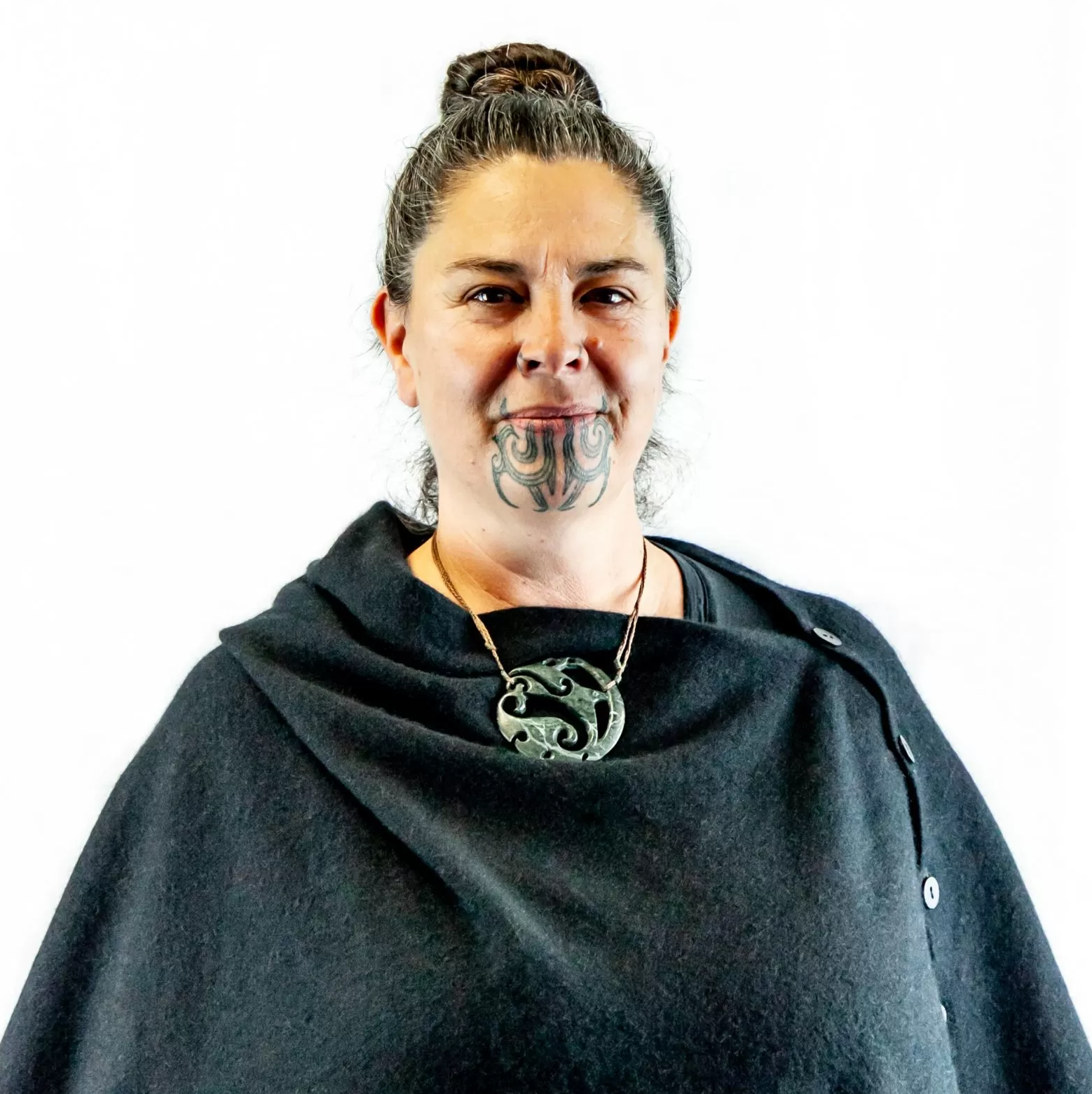

Gena Moses-Te Kani, Ngāti Kuia Te Iwi Pakohe
No te takere o Kurahaupo ki Te Waipounamu
Ko Ngāti Kuia, Ngāti Apa ki re Rā Tō, Rangitane ngā Iwi
Ko Gena Moses-Te Kani ahau
I descend from the people off the Waka/canoe Kurahaupo in the South Island, Aotearoa. I am a mother, grandmother and servant to my people. As a facilitator of mana motuhate/ self determination, I am focussed on being awake and engaging processes that reconnect people and groups to their aspirations and journey to achieve them. I am a forever student of living system processes with a focus on groups and organisations and a recent graduate of The Regenerative Practitioner.
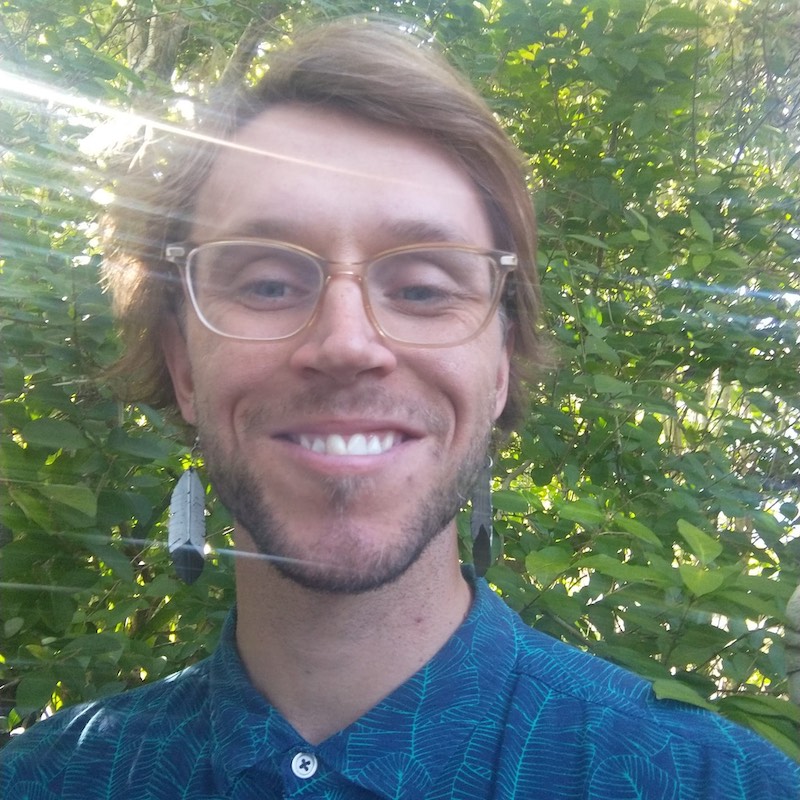

Rowan Brooks, Facilitator and environmental campaigner, Aotearoa (New Zealand)
Rowan is a developmental facilitator and passionate environmental campaigner. Their facilitation practice has been heavily influenced by a decades work within activist movements, permaculture, community theatre, study in psychology and ecology, and their ongoing Buddhist practice. Rowan completed The Regenerative Practitioner series in 2021 which is now enriching their work as a community organiser on climate justice issues – focusing on ecological food systems transformation.
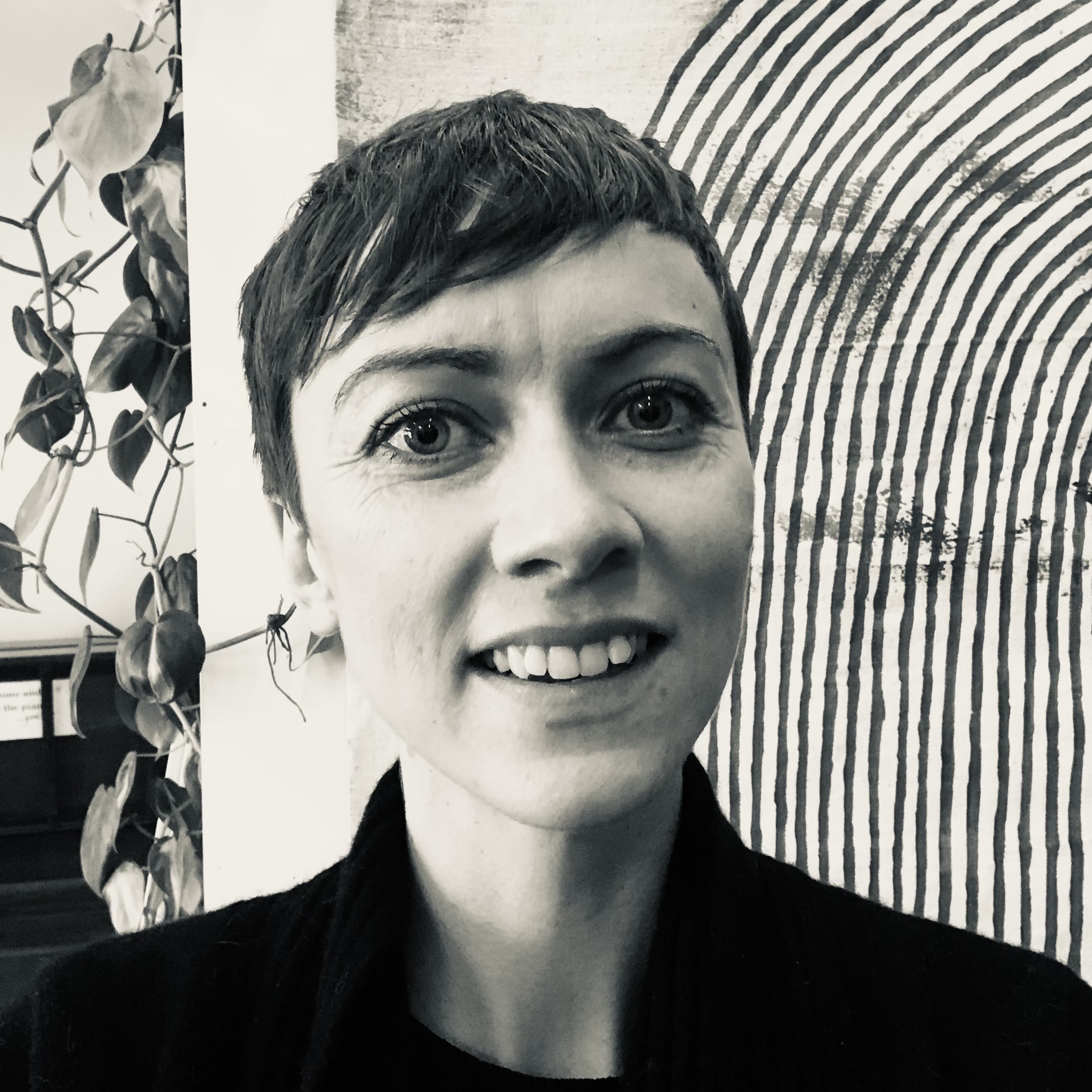

Lucy-Mary Mulholland, Regenesis Institute Co-Faculty, Aotearoa (New Zealand)
Lucy-Mary was a child and adolescent therapist before transitioning into the field of community development and regenerative practice. This shift came from a desire to work on systems change that could transform not only human mental health, but the health of place as a whole: people and their wider environments together. Lucy-Mary is in a community developer role within central Auckland, through the Aaiotanga Trust, and is co-faculty on The Regenerative Pracitioner Series. She continues to draw on her therapeutic skills, arts background, and Celtic whakapapa to help facilitate learning journeys of individuals, groups and organisations who see potential for regeneration in the living systems that they care about.
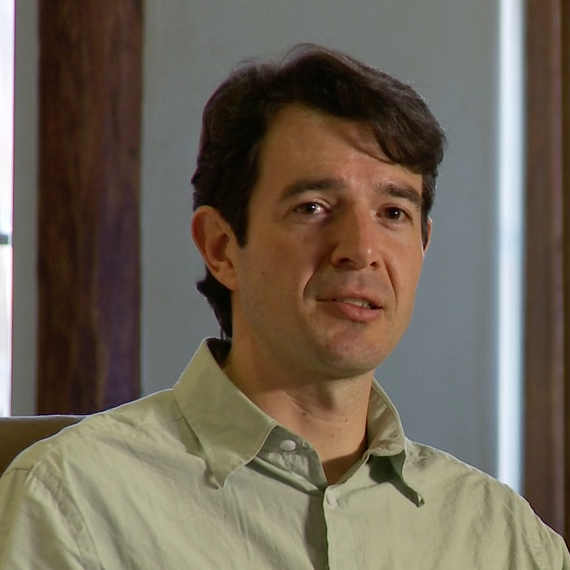

Nicholas Mang, PhD, Core Faculty at Regenesis Institute, USA
Nicholas Mang is a core faculty member at Regenesis Institute, where he has co-developed and taught developmental education programs for practitioners around the world. As a practitioner, Nicholas’s work has its roots is in community planning and organizing with a focus on urban regeneration work, developing leveraged intervention processes for reigniting community involvement in the stewardship of place. Nick’s educational background includes masters and doctoral level work in cross-cultural studies, living systems thinking, social transformation theory, ecopsychology (the bridge between psyche and ecological place), and spiritual psychology.
The Regenerative Practitioner Series is enrolling now!
Ready to take a deeper dive into regenerative practice?
The Regenerative Practitioner Series is enrolling now for an Americas cohort (with an in-person Series Intensive in Santa Fe, New Mexico) through October 13. Enrollment for our full catalogue of 2024 cohorts will open later this fall.